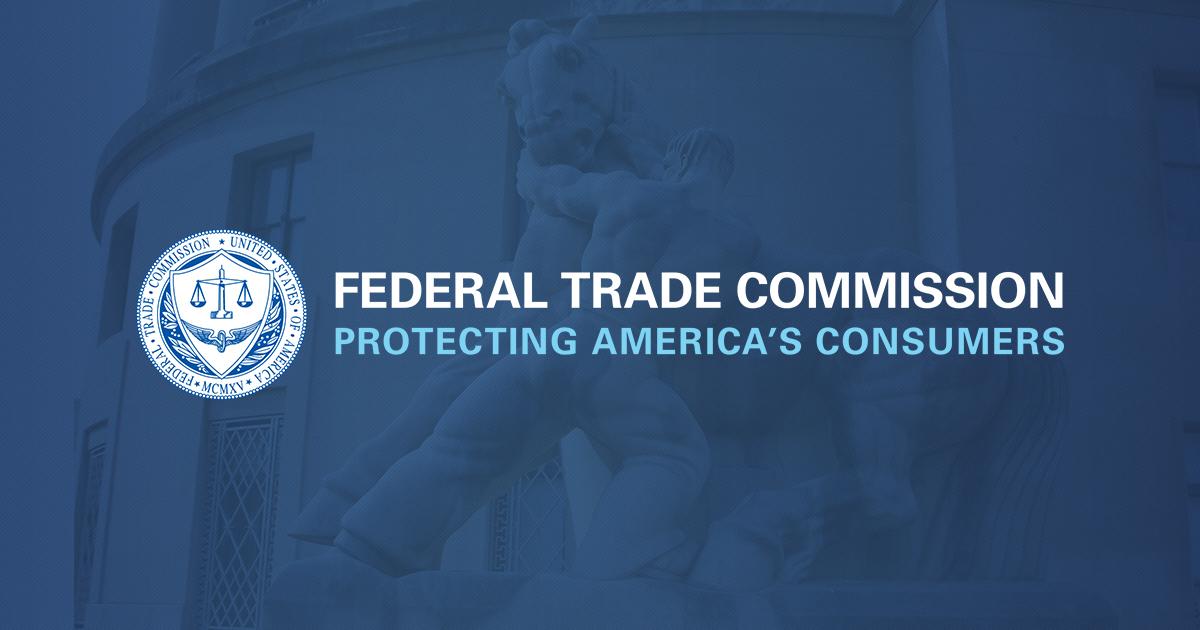The Federal Trade Commission has asked a U.S. district court judge to order a halt to the alleged illegal practices of CTA, a major distributor of prepaid calling cards across the country. In the last quarter of 2007 alone, CTA’s revenue from the sale of cards exceeded $28 million. The FTC charges that CTA misrepresents the number of calling minutes consumers get, fails to disclose that consumers’ cards will be charged whether or not the calls go through, and charges hidden fees.
According to the FTC, CTA is a key player in the prepaid phone card industry that sells approximately $4 billion worth of cards a year – primarily to immigrants looking for a cheap and easy way to call friends and family in other countries. CTA sells cards in denominations ranging from $2 to $20 under various brand names, and has cards for use in calling countries from Albania to Zimbabwe and hundreds of countries in between. They also sell cards for domestic calling.
The FTC charged that CTA provides posters to the small retail outlets like gas stations, grocery stores and newstands that sell its cards. The posters advertise the number of calling minutes and brag it offers rates with “no connection fees.” But consumers who use the calling cards don’t receive the number of minutes advertised. For example, the FTC complaint says a card that advertised 40 minutes calling time to El Salvador cut off the call after only 27 minutes. A card that advertised 30 minutes calling time to Egypt cut off the call in a little over 10 minutes. In fact, the FTC purchased 46 CTA cards in retail stores and tested by them. None of the cards delivered the calling minutes advertised by posters displayed where the cards were purchased.
CTA posters and calling cards refer to charges in vague terms and tiny type. Posters that feature country names and call minutes in 32 point type identified fees and charges at the bottom of the poster in approximately five point type, using language such as:
“Call time is deducted in three minute increments to certain destinations. Service fees may apply. Calls placed to mobile telephones may be billed at a higher rate. When using a toll free number from a pay phone a $.65 per call surcharge will apply. Application of surcharges and fees may have an effect of reducing total minutes on a card. Maintenance fees may apply. This card has no cash value and is non-refundable. Prices and fees are subject to change without notice.”
The calling cards themselves carried approximately 27 lines of disclosures regarding fees and charges, which are nearly illegible because the disclosures are written in font sizes that range from two to four points, the complaint states. The disclosure states, in part,
“All rates and fees vary and are subject to change without notice. Rates are higher for international cellular . . . Calls are billed in three to six minute increments. A post call fee between 25 cents and two dollars and an additional surcharge of twenty percent may apply after each call depending on length and duration of a call. . . . Service fees may apply.”
Neither the advertising posters nor the calling cards disclose that if the calls do not go through, the cards are charged fees anyway.
The FTC has asked the court to halt the deceptive practices pending trial, and to appoint a monitor to oversee the business. The agency also will seek a court order to require the defendants to give up their ill-gotten gains.
The FTC complaint named Clifton Telecard Alliance One LLC, doing business as Clifton Telecard Alliance and CTA, Inc., and Mustafa Qattous, its principal.
The Commission vote to file the complaint was 5-0. It was filed in the U.S. District Court for the District of New Jersey.
This case was brought with the invaluable assistance of El Salvador’s Defensoría del Consumidor, Colombia’s Superintendencia de Industria y Comercio, the Egypt Consumer Protection Authority, Mexico’s Procuraduría Federal del Consumidor (PROFECO), Panama’s Autoridad de Protección al Consumidor y Defensa de la Competencia, and Peru’s Instituto Nacional de Defensa de la Competencia y de la Protección de la Propiedad Intelectual (INDECOPI).
NOTE: The Commission files a complaint when it has “reason to believe” that the law has been or is being violated, and it appears to the Commission that a proceeding is in the public interest. The complaint is not a finding or ruling that the defendant has actually violated the law. The case will be decided by the court.
The FTC works for the consumer to prevent fraudulent, deceptive, and unfair business practices and to provide information to help spot, stop, and avoid them. To file a complaint in English or Spanish, click http://www.ftc.gov/ftc/complaint.shtm or call 1-877-382-4357. The FTC enters Internet, telemarketing, identity theft, and other fraud-related complaints into Consumer Sentinel, a secure, online database available to more than 1,600 civil and criminal law enforcement agencies in the U.S. and abroad. For free information on a variety of consumer topics, click http://ftc.gov/bcp/consumer.shtm.

